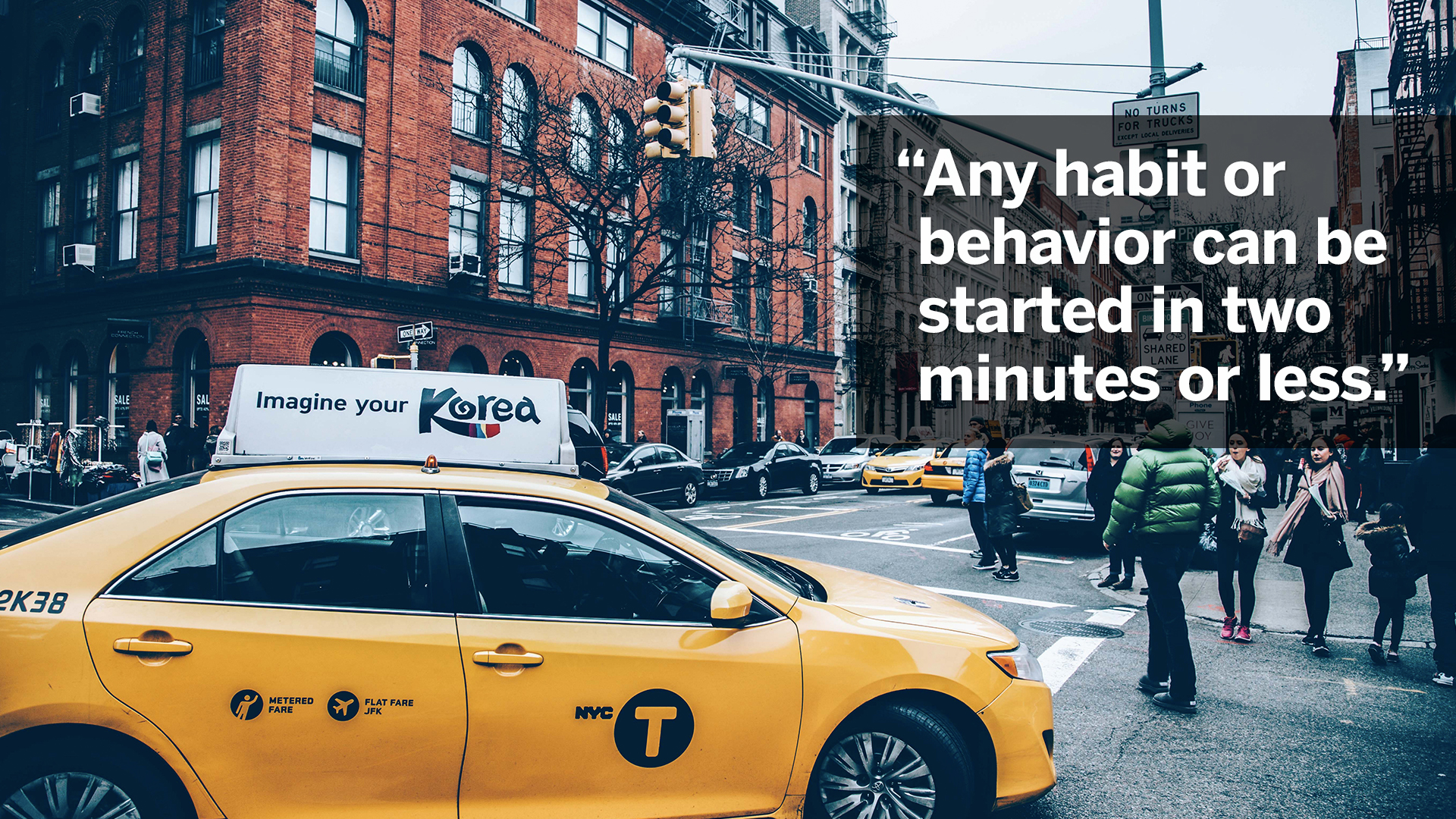Chelsea Fagan is the founder and CEO of The Financial Diet, an online blog and community that covers personal finance in an open, taboo-free way. The Financial Diet started in 2014 as a place for Chelsea, a writer, to track her personal spending, and has since grown to feature stories from hundreds of contributors about money mistakes, lessons learned, and helpful tips. Chelsea recently talked with Heleo’s Mandy Godwin about the surprisingly overlooked ways that money affects our social interactions, and why we should start talking about personal finance the same way we talk about politics, TV, and sex.
Mandy Godwin: I have noticed that there tends to be a lot of shame around money, at least in my experience as a female millennial. How have you dealt with that?
Chelsea Fagan: We’re always very transparent, very open about our own issues, our own insecurities, both on the site and on social media, to encourage people to do the same. Because [my partner, Lauren, and I] aren’t money experts and don’t aspire to be, it’s really more of a place to have a conversation. A lot of people have this masochistic relationship with other money sites and money publications where they want to go be told why they’re bad and why everything they’re doing is bad and become good. We’re the opposite of that.
Mandy: Growing up, my parents were really into the Dave Ramsey money approach. That seemed very much like, “You are not doing this right, let me tell you how to do it right,” instead of being in the same boat.
Chelsea: Yeah, it can be very alienating. To me, money to me is like dating or sex or your career. Yes, there should be expert advice out there, but there should also just be a place to talk about it as just an interesting topic.
Mandy: Did you get any backlash?
Chelsea: From the traditional personal finance writing community, definitely. The personal finance field was dominated by experts and by what’s your school of thought, your retirement strategy, your investment outlook. It was very codified, very enclosed, and people had a set of expectations about who could and couldn’t write about money and what was and wasn’t the right approach to it.
To see two young women who were very open about not wanting to be experts—that upset a lot of them. We had a period where I had to personally reach out to a few finance bloggers because they were taking posts from our site that contributors had written about personal money mistakes. They were taking these over to their site to “break them down” and mock them, like, “This is an idiot.” I had to be like, “No. This is absolutely uncool. It’s unacceptable and if we were in person I’d probably slap you.”
There are some great people in the personal finance writing community. But for many of them, if you’re going to be talking about money, it should be like talking about health—there’s a right and a wrong and you’re just here to learn and to get better and it’s not fun. They wanted there to be a moral to the story, and when there wasn’t for much of our writing, that was what got us a lot of heat.
Trending: Navy SEAL Secrets for High Performance Under Pressure
For example, at a convention I’m doing a live recording of a podcast with Jean Chatzky, the finance editor on The Today Show. When the organizer reached out to me, I was like, “Of course, I would love to,” but then I added, “I don’t want to be disappointing. I don’t even know what all the different types of retirement accounts are. There’s a good chance you might ask me something that I don’t frankly know the answer to.” And she was really reassuring, like, “No, it’s actually fascinating for us to move in a direction where it’s less advice-driven, less black and white, and more just a conversation.”
“If you go to the finance section in bookstores, 99% of the books are by people your parents’ age essentially yelling at you.”
For me, that was exciting and flattering and it showed me that TFD has a future in the “real money” world. That’s something that a lot of people have to change their minds about. If you go to the finance section in bookstores, 99% of the books are by people your parents’ age essentially yelling at you.
Mandy: It seems as though you’re showing people that there’s not only one way to approach money.
Chelsea: That’s a huge part of what we do. Quite frankly, if you’re looking for an investment strategy and you want someone to tell you how to do it, you can find, within the first two pages of Google, five different experts who are all equally qualified, who can all show you a rate of success—and who completely disagree with each other.
Experts are speaking as though their content is completely objective and factual, but they still can’t agree about what the correct approach is. You have people who are all about radical minimalism and saving 60% of your income, and then others who are more balanced. Personally, I like that we don’t have to be one or the other.
Mandy: People have so many different ways of approaching and living with money, and we’re living all these different lifestyles, so it makes sense that there’s not only one way.
Chelsea: Every day we see someone doing something with money that we wouldn’t have thought to do.
Mandy: Reading some of your recent pieces, one that I loved was “The Woman You Want to Be Is Rich.” That struck me as something that is not usually okay to talk about, an intersection of personal finance and actual economics and policy. As you’ve been going down this personal finance route, how have you dealt with that boundary between personal finance and economics?
Chelsea: I try to mention in those articles—and in articles in general–that both Lauren and I are upper middle class now. We didn’t grow up that way, but we have partners who can support us if we go a month or two between checks, and we were able to become entrepreneurs because we have that luxury.
First and foremost, that has to be put out there in the conversation. Everyone who is talking about money or aspiration needs to be a lot more open about the fact that they are financially well-off. Of course, no one’s saying that every public figure, every person with a nice Instagram is a millionaire, but I never want to mislead people into thinking that we’re “just like them,” because we’re not just like every reader. We’re like some, but there are others, socioeconomically, who don’t have access to the same things that we do, and we have readers who have access to way more things than we do.
Socioeconomic status has to be the beginning of the conversation because it contextualizes everything else. Especially in blogging, you have this weird perception that you’re very close to the person and that you can have what they have and that you can relate to their lifestyle. They don’t seem like celebrities, but they’re quite often either very wealthy or the things you’re seeing that you would have to pay for, they’re getting for free.
That has really warped our perceptions. Even amongst our own friend groups, we look around and see people’s highlight reels of all the nice things they’re doing, and it’s easy not to realize their socioeconomic status might be very different from ours.
Trending: How to Make Menopause the Best Time of Your Life
The second part of that equation is the day-to-day budgeting level. We give advice all the time that’s like, “Cut out this or that,” but some of our readers are like, “I don’t have any of those things,” so we try to remind ourselves that some advice is only applicable to people who already have flexible income, and to publish things that everyone can do regardless of what their current budget might be.
“We’ve all gotten used to checking our privilege when it comes to race, gender, sexuality, but somehow we have not gotten to the point where we check our socioeconomic privilege. And in America, at least, socioeconomic privilege is arguably the most equalizing.”
Obviously, we’re not perfect at it, and nobody gets it completely right, but I think the more you talk about privilege in general, the better. As a society, especially in places like social media or in the editorial world, we’ve all gotten used to checking our privilege when it comes to race, gender, sexuality, but somehow we have not gotten to the point where we check our socioeconomic privilege. And in America, at least, socioeconomic privilege is arguably the most equalizing. America is not like many other countries where there’s a strong safety net and everyone has access to the same basic things. In America, your socioeconomic bracket defines your life in a very life-or-death way. It certainly doesn’t trump any other kind of privilege, but I think to not talk about it, especially in America, is deceptive and unfair.
Mandy: It seems like there’s shame to being on either end of the scale.
Chelsea: There’s definitely shame on the poor end of the scale. On the wealthy end of the scale there’s more a sense of embarrassment, a sense of “I don’t want them to know.” Who would? There is a perception that if you are outed as being wealthy, that detracts from something that you’ve accomplished—and it does. There’s no other way to say that. It absolutely does. If Lauren and I couldn’t afford to have someone help with our bills, we wouldn’t have been able to start the site, so of course that detracts in the sense that it was easier for us than it would have been for other people. On the other side of the spectrum, there are people who have enormous investments when they first start a company and they don’t even have to take a temporary pay cut. Yes, that detracts from them because it’s easier. I wish that people would get over that and not feel like it’s something to hide or to try and trick people about.
Mandy: It’s that startup mentality, “Oh, we’re doing this really hard thing,” when what’s actually really hard is working for minimum wage.
Chelsea: Absolutely. I hate that entrepreneur attitude of, “We’re working so hard,” as if there’s something unique about what they’re doing. Everyone works hard. You just also concentrated your work in one specific place and were lucky and privileged enough to take the risk on it.
Mandy: There are a lot of think-pieces about privilege, but there’s not so many actionable ways to improve your personal finances. It seems like a different angle.
Chelsea: I hope that it is. I’m very sick of almost everything but class being part of the discussion. The best thing that we can hope for on an individual level for our readers is that they start to become empathetic about money.
Mandy: In an ideal world, how do you think people would talk about these issues?
Chelsea: I think that the people who have a lot of financial privilege would more frequently take the onus upon themselves to talk about it, to broach the issue. When you’re poor, when you don’t have a lot of money or when you’re experiencing some kind of financial insecurity, it’s almost not an option to not talk about money, even if it’s just, “I can’t do this thing because I can’t afford it right now.”
Trending: Microsoft, Google, and Beyond: What Business at the Cutting-Edge of AI Looks Like
Whereas people with money, not only do they have the option to not talk about it, often they’re raised that it’s taboo to talk about it. Generally, the wealthier one is growing up, the more it’s, “Oh, we don’t talk about money. It’s just not polite. We don’t bring up the subject, we don’t haggle over things, we don’t split the bill.” That’s insidious in that it puts all the pressure and shame and duty back onto the person who has less money.
It’s up to the people who have money and access to say, “Hey, what would you like to do this weekend?” Or, “Hey, can I offer to pay for this, I don’t expect to be paid back, I really want us to go together to do it.” Or, “Hey, are you okay?” and to really commit to put the onus on themselves and realize how something that is not even a second thought for them could be dire for someone else, could make or break their entire month.
On top of that, when you’re on a similar financial level, I wish that money were a much more fluid topic to discuss. I wish that we could be more honest about, “I want to negotiate my salary for this new job. How do I do that? I think I’m not getting paid enough. I’d like to get a second job. Do you invest? How do you do it? What do you do for your budget?”
“A group of women can talk completely freely about sex for two hours and feel no weirdness, and rightfully not, but then someone will mention a number on their salary and it’s like, ‘Wow, she really went there.’”
I hate that people bristle when you talk about it. A group of women can talk completely freely about sex for two hours and feel no weirdness, and rightfully not, but then someone will mention a number on their salary and it’s like, “Wow, she really went there.” I don’t think she went there any more than when she was talking about blowjobs, but it’s just our perception.
Mandy: That’s so true. Speaking of sex, how do you see personal finance being a particular issue for women?
Chelsea: I think it’s probably such a big thing for us because most women were not raised to be very money savvy or to control their own money. Most women didn’t receive a solid financial education at home. Most men still control the money, earn more, and make the big financial decisions. It’s very hard for women to get out from under that mindset and to think of their financial destiny as entirely their own and think in terms of, “I’m going to set my life up to be the way I want it and if someone joins it, that’s great.” A lot of women still, unfortunately, wait until they’re settled into a long-term relationship, like a marriage, to think long-term about their finances. That’s just because that’s how many women were raised and that’s the only example so many women have. That’s the huge, final thing to get over and one that is, in many ways, the key to women’s liberation, that we start to be the arbiters of our own financial destiny.
Mandy: Empower ourselves.
Chelsea: Yeah, and empower is a word that I don’t always love because it can mean anything. But what we try to do on TFD is to make empowerment as actionable as possible. What we try to convey is that every single decision in your life, they all impact your finances, and they’re all within your control. Whether that’s learning how to cook and repair things in your own house or whether that’s learning to invest. It’s taking control in all of these decisions and not relying on someone else to make them for you.
This conversation has been edited and condensed.



























